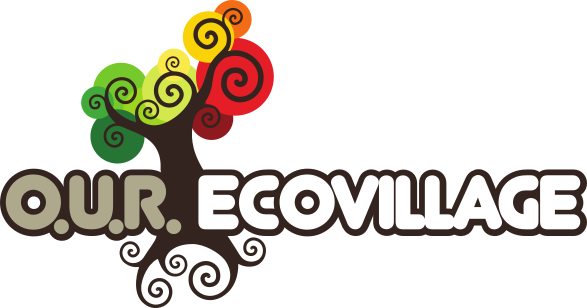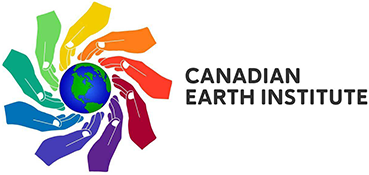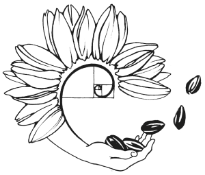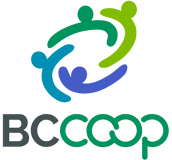10. Use and Value Diversity
Just as ecosystems work best when filled with a greater variety of different plants and animals, so human society functions best when an variety of different people are represented.
In your garden, home and your life in general, it’s a good idea to promote and value diversity in all its forms.
11. Use Edges and Value the Marginal
Sustainability is about making use of all the resources that we have at our disposal. Whether we’re talking about land use, work places, homes or society in general, making use of all we have involves valuing fringes and fringe elements.
This might be as simple as using a neglected corner of your outside space to grow more food, or something more abstract, like thinking outside the box.
12. Creatively Use and Respond to Change
Finally, change is an inevitable part of life. It’s important to remember that permaculture isn’t just about now, but about the future. We design for change, understanding that things will alter over time. The changing seasons, changing attitudes, our changing climate… how we respond to these changes will shape sustainable progress in the years to come.
These principles are a starting point for an understanding of permaculture, and can begin to give us an idea of how we can translate thought to action, and transition to a more ethical – and truly sustainable – way of life.







